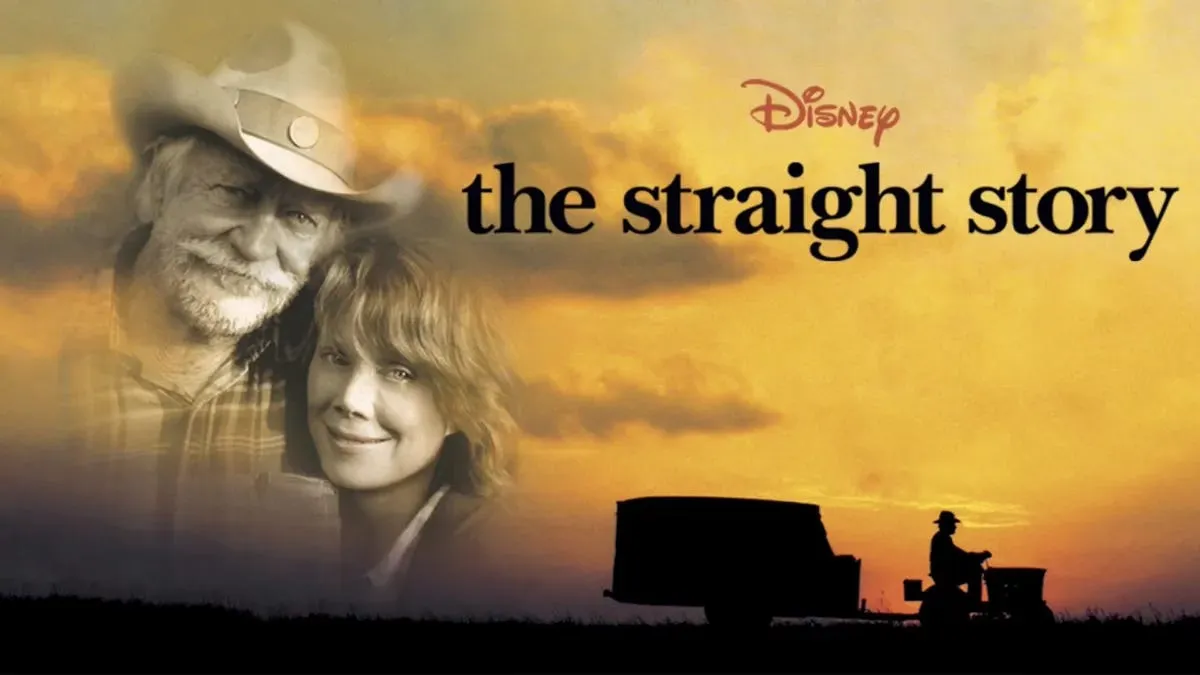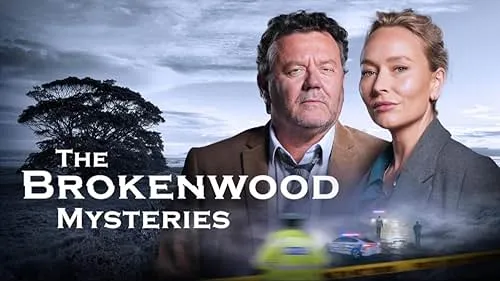She thought she was alone with her grief—but something darker moved in with her
The Night House (2020), directed by David Bruckner, is a slow-burning psychological horror film that blurs the boundaries between mourning and madness. With elegant visuals and a chilling atmosphere, it delivers more than just a ghost story—it becomes a meditation on trauma, secrets, and the terrifying allure of the unknown. Centered around a single, powerhouse performance by Rebecca Hall, the film invites viewers to question what's real, what's imagined, and what might be watching from the other side.
The film follows Beth, a recently widowed woman, as she struggles to process the sudden suicide of her husband, Owen. Left alone in the lakeside house he built for her, Beth begins experiencing strange phenomena—footsteps in empty rooms, phantom whispers, and glimpses of shadowy figures. What starts as an emotional unraveling turns into an obsessive investigation, as she discovers architectural plans for a mirrored version of their home and uncovers evidence that Owen may have been involved in dark, occult practices. As she ventures deeper into this web of secrets, she confronts a malevolent presence that may not just haunt the house—but her very soul.

Rebecca Hall delivers a raw, layered performance as Beth, perfectly capturing the disorientation, sarcasm, and quiet devastation of grief. Her portrayal grounds the supernatural elements in emotional truth. She’s not a passive victim of horror—she’s angry, exhausted, and unwilling to go quietly into the night. Her character’s emotional honesty gives the film its backbone and transforms what could have been a standard ghost story into something far more human and unsettling.
Visually, The Night House is a masterclass in negative space and shadowplay. The house becomes its own character, full of optical illusions and eerie geometry. At times, the very walls seem to form human shapes, hinting at something watching Beth from just beyond perception. These subtle visual effects create a creeping sense of dread without relying on typical jump scares. Instead, terror seeps in slowly, like water rising in the dark.
What makes The Night House truly haunting, though, is the philosophical horror it explores. The entity that Beth encounters isn’t just a ghost—it’s the void itself. A whispering nothingness that offers a seductive alternative to pain. The film plays with the idea that grief creates its own gravity, pulling us toward oblivion, and that love, even in death, may not be enough to stop the descent.

By its final act, The Night House leaves audiences with questions that may never be fully answered—about death, secrets, and the darkness we all carry. It’s not just a film about what haunts us. It’s about what’s waiting when the noise stops, and we’re left alone with our thoughts.

-1752426581-q80.webp)

